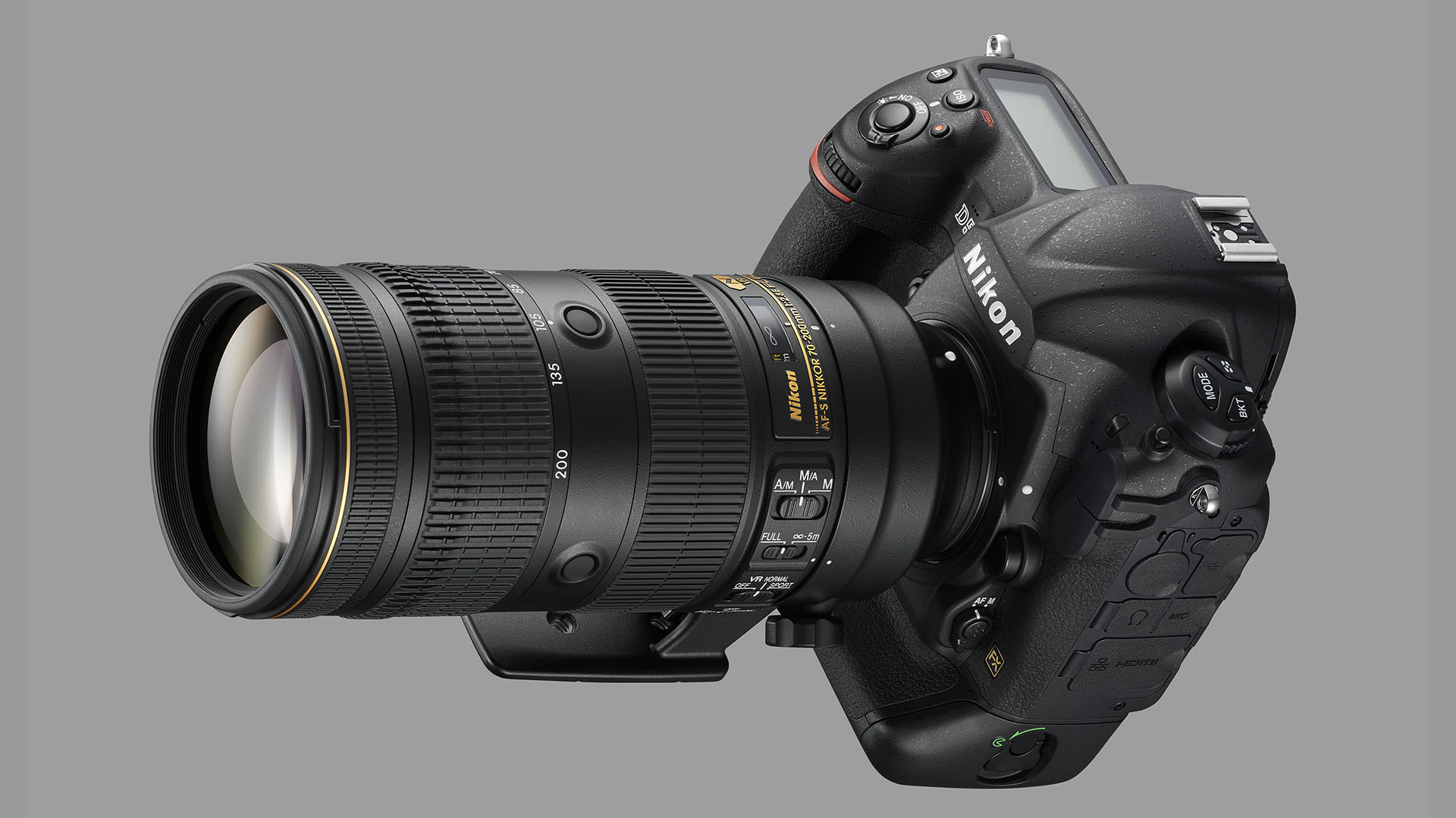Nikon has announced two new full frame lenses – a high-powered telephoto zoom lens and a rare tilt-shift lens.
Nikon is calling its new PC 19mm f/4E ED tilt-shift lens the widest-perspective control lens to date – though Canon is still technically ahead with its TS-E 17mm f/4L.
Unlike most traditional lenses this tilt-shift allows you to slide the front element in four directions, which comes in handy for correcting the fishbowl-shaped distortion wide angle lenses often create.
The tilt function comes into play if you want to change which elements are in focus – you’ll see this effect most often with photos shot to mimic the look of a table-top model.
Nikon claims the 19mm lens can capture 97 degrees of coverage, which should make it ideal for shooting horizontal or vertical panoramas as well as for shooting video.
Internally, the lens is made up of three ED and two aspherical elements, which are designed to combat distortion and glare while virtually eliminating chromatic aberration and coma, even at the widest aperture settings. As ever there’s a Nano Crystal Coat on the front element to reduce ghosting and flare.
The Nikon PC 19mm f/4 ED also features an electromagnetic diaphragm for fast auto-exposure control.
While there are plenty of telephoto, portrait, wide-angle and normal lenses out there, tilt-shift lenses are less common speciality lenses, but they’re extremely versatile for everything from architecture, interiors, fine art, product photography and landscapes.
That said, all this flexibility requires a significant amount of expertise to get the best out of it – and the $ 3,399 (£3,299 and about AU$ 4,430) price is nothing to sneeze at either. The Nikon PC 19mm f/4E ED will be released in November.

Fast and flexible
Nikon has also updated its fast 70-200mm f/2.8 telephoto zoom – are a real workhorse lens loved by professionals and a firm favourite with enthusiasts.
The new AF-S 70-200mm f/2.8E FL ED VR claims to offer up to four stops of image stabilization, while the new Sport VR mode is said to deliver a more stable viewfinder image for better tracking.
A Silent Wave Motor system offers ultra-fast and quiet autofocus operation while still allowing users to override it with the manual ring. There’s also an electromagnetic aperture mechanism (hence the ‘E’ designation in the name) for more precise AE control.
The lens features a new optical design with six ED elements, one Fluorite element and a high refractive element. All the glass elements are wrapped inside a magnesium alloy barrel fitted with weatherproof seals to keep out dust and water.
The Nikon 70-200mm f2.8E FL ED VR will begin shipping in November as well, for $ 2,799 (£2,649, about AU$ 3,650).
- Here are the best Nikon lenses you shouldn’t miss out on